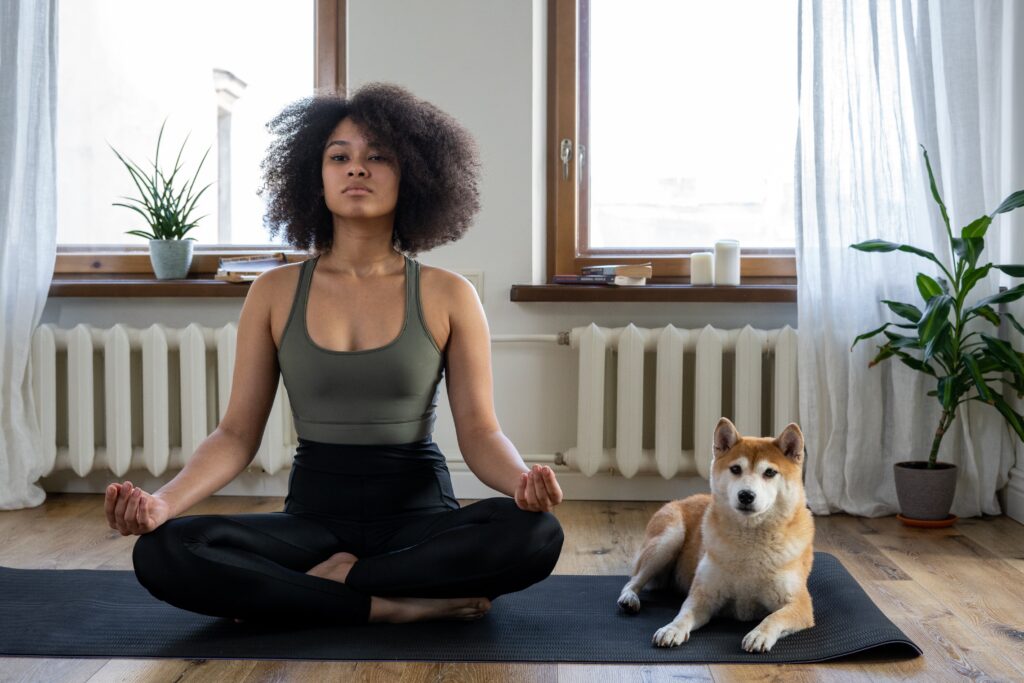“You are the average of the five people you spend the most time with.”
This quote from Motivational Speaker Jim Rohn is very good food for thought. Think about five people in your life that you spend the most time with and what that says about you. It’s a great reminder that all the self-assuredness in the world cannot protect you from the influence of others, at least to some extent.
Often times, we are influenced on a daily basis which makes it difficult to even recognize sometimes. It is easier to notice influence in terms of conforming or imitation when we look at others. However, the effect that another’s moods or behaviors have on our own is typically unconscious and can become problematic.
If you work or live with someone with anxiety, you will likely pick up on their ways of thinking. Have you caught yourself thinking about more “what if” scenarios lately that leave you feeling anxious or hopeless? This can happen if a person you spend a lot of time with is always imagining worst-case scenarios.
If you answered “yes,” don’t let that compound your worries. The first critical step is becoming aware of the impact this person’s anxiety has on your life. Once you do this, here are three steps to take to keep that anxiety from spreading to you:
Set Boundaries

We are all energetic and emotional beings. In the same way that someone can make you smile or laugh, they can also make you worry or doubt.
Imagine there is a protective circle around you. You are in total control of the energy or moods that penetrate it. If you let go of awareness, negative and destructive energy work their way in.
To set physical boundaries with this person, limit any extra time outside of work or home. Setting boundaries can also mean energetic ones, as we aren’t just talking about an acquaintance here. To keep this person’s anxiety from inhabiting your life, stay continuously mindful of how their behaviors influence yours. If it helps, keep imaging your circle, only letting in what you want and re-drawing it when you need to.
 Stay Grounded
Stay Grounded
![]()
![]()
![]()
![]()
A person with anxiety struggles to accept that the worst scenarios in their mind aren’t likely to happen. They struggle to remember that they are not their thoughts, and they are not their anxiety. Moreover, you are not their anxiety.
What anxious people often lack feeling grounded and stable. If you start to get sucked into their thoughts and pulled away from your own, take a moment to find your stability. The false realities they are envisioning do not have to shape yours.
Staying grounded means staying cool, collected, and connected to who you are amidst the chaos. Make the most of your interactions with this person and be grateful for other things they offer you. Take breaks from being around them when you can and connect with others or regroup alone.
Identify your Triggers

When you spend time with someone who has anxiety, it’s easy for irrational thinking and worry to seep into your life. This might make that person the cause of your unusual anxious behaviors, but not necessarily your triggers.
Your triggers are the things that set you off throughout the day, even when that person is not around. Although, it’s worth noting that you might pick up on their triggers, too. Does this person go into panic mode after making a minor mistake? Do they worry about how their wording in every email sounded? Are you starting to do the same?
Begin to identify your triggers so you can catch yourself responding anxiously to different stressors. All anxiety is, in some way, a response to a toxic situation. But as long as you maintain awareness and prioritize your mental health, you can avoid anxiety contagion.


